Retailers hope national lottery sales will rise if the public gets to vote on how good cause money is spent.
The government’s Lottery Bill will allow lottery distributors to take account of public consultation in making spending decisions, which could mean voting through TV programmes. The Bill also includes plans for simpler rules to ensure lottery money will reach good cause projects faster and make it easier for groups to apply for cash.
Secretary of State for Culture, Media and Sport Tessa Jowell said the public would have a far greater say “via public opinion polls, internet surveys, telephone, text or TV voting”.
Wendy Lanigan, of Lanigans in Aintree, Liverpool, said consumers would probably fork out more on tickets if the cash were spent in their region. She said: “They would spend more if they thought it was going back into the community.”
David Johnson, of Johnsons of Sandhurst in Kent, agreed shoppers would prefer to help fund good causes in their area, saying: “They don’t like the fact it goes to minority groups rather than local hospitals and nursery schools.”
Sales of lottery tickets rose £150m to £4.7bn last year, three times the rise of the previous year, while the amount raised for good causes increased by £60m to £1.3bn in the 12 months to March 31.
According to Camelot, this vindicated its strategy to add extra games and expand sales channels. Sales of non-Lotto games rose nearly 11% to £1.5bn, while sales over the internet, through interactive TV and via mobile phones rose to £4.65m last year.
Wendy added that her sales had not been affected by the internet. However, she said a new nearby Tesco Express using Fastpay - a barcode system that shoppers use to get lottery tickets at the checkout - would probably have more impact.
The government’s Lottery Bill will allow lottery distributors to take account of public consultation in making spending decisions, which could mean voting through TV programmes. The Bill also includes plans for simpler rules to ensure lottery money will reach good cause projects faster and make it easier for groups to apply for cash.
Secretary of State for Culture, Media and Sport Tessa Jowell said the public would have a far greater say “via public opinion polls, internet surveys, telephone, text or TV voting”.
Wendy Lanigan, of Lanigans in Aintree, Liverpool, said consumers would probably fork out more on tickets if the cash were spent in their region. She said: “They would spend more if they thought it was going back into the community.”
David Johnson, of Johnsons of Sandhurst in Kent, agreed shoppers would prefer to help fund good causes in their area, saying: “They don’t like the fact it goes to minority groups rather than local hospitals and nursery schools.”
Sales of lottery tickets rose £150m to £4.7bn last year, three times the rise of the previous year, while the amount raised for good causes increased by £60m to £1.3bn in the 12 months to March 31.
According to Camelot, this vindicated its strategy to add extra games and expand sales channels. Sales of non-Lotto games rose nearly 11% to £1.5bn, while sales over the internet, through interactive TV and via mobile phones rose to £4.65m last year.
Wendy added that her sales had not been affected by the internet. However, she said a new nearby Tesco Express using Fastpay - a barcode system that shoppers use to get lottery tickets at the checkout - would probably have more impact.


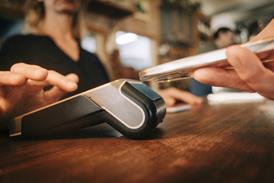
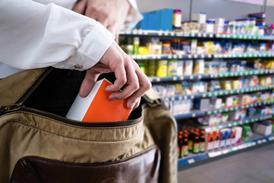




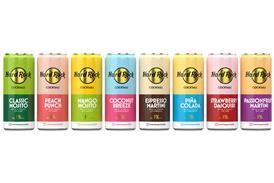

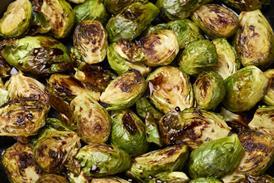
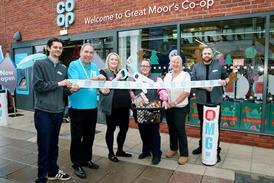
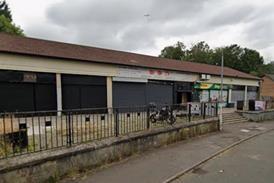
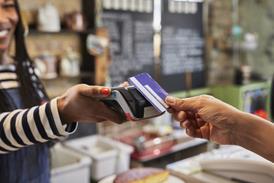








No comments yet